Paul Ubana Jones
Paul Ubana Jones has been described as an acoustic Hendrix and that wild mop of hair, now grey, consolidates the comparison.
Born in 1952 to an English mother and Nigerian father, Paul Ubana Jones was introduced to the work ethic to which he still subscribes at a very young age. "I was five or six when I started pushing barrows around London's East End markets for a shilling," he says. "I learned very young that you need a strong work regime and if you don't work hard, nothing happens."
Paul Ubana Jones - Raga-Bird Without A Song (Live at Titirangi Theatre, 4 May 2012)
Paul Ubana Jones - The Mountain Song (live January 2011 at Reva's, Whangarei)
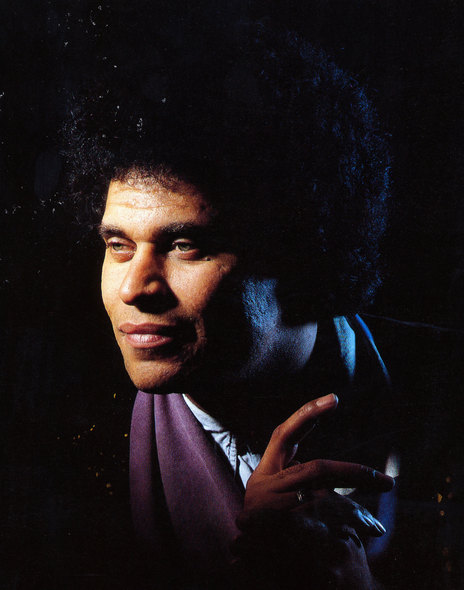
Paul Ubana Jones, 1990
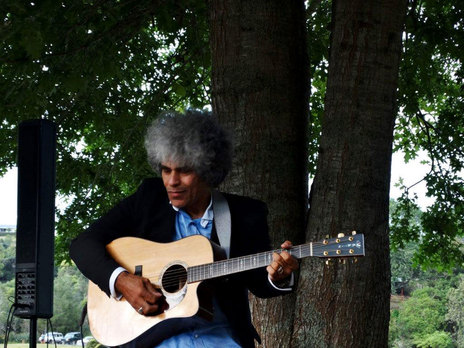
Paul Ubana Jones in Kerikeri, January 2015
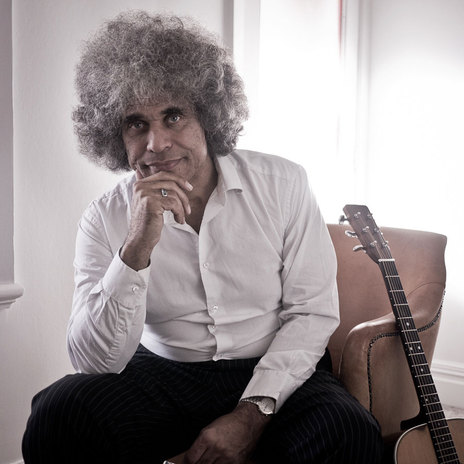
Paul Ubana Jones
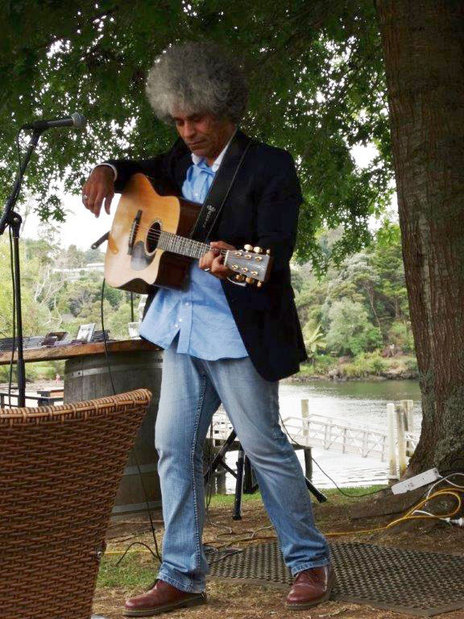
Paul Ubana Jones in Kerikeri, January 2015
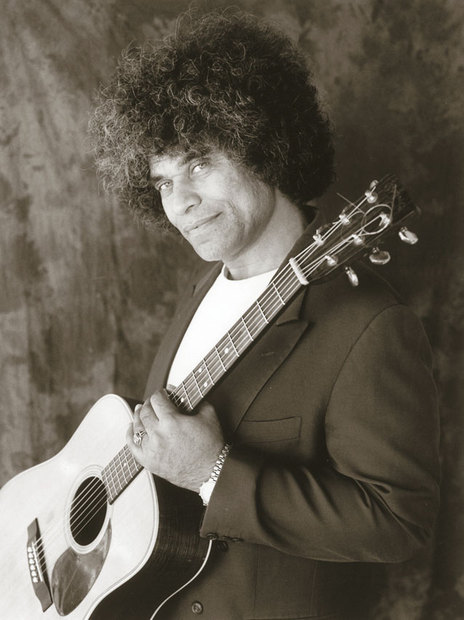
Paul Ubana Jones in a Pagan Records publicity shot
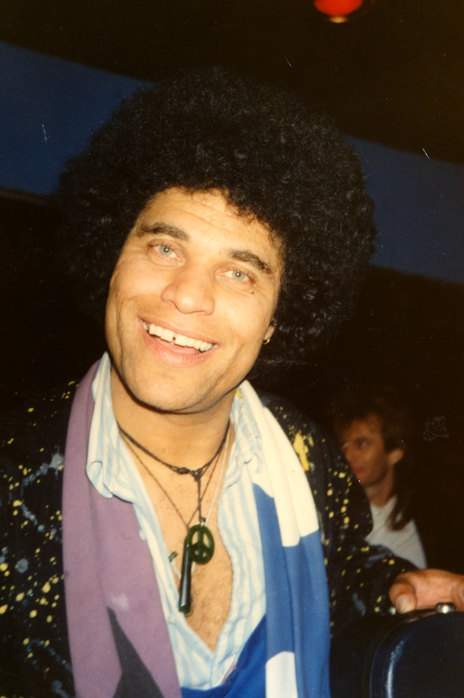
Paul Ubana Jones, 1989
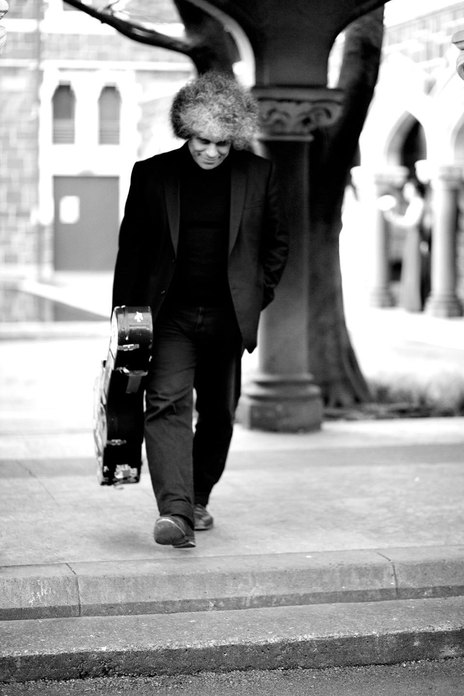
Paul Ubana Jones in 2012
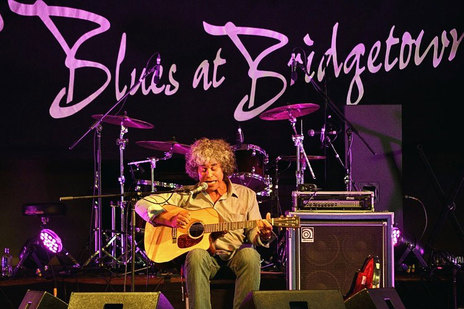
Paul Ubana Jones performing at Blues at Bridgetown, Bridgetown, Western Australia, 2012
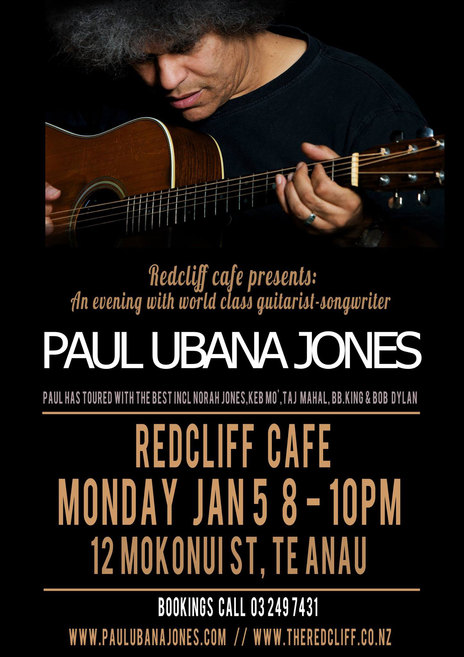
Paul Ubana Jones at the Redcliff Café, Te Anau, 2015
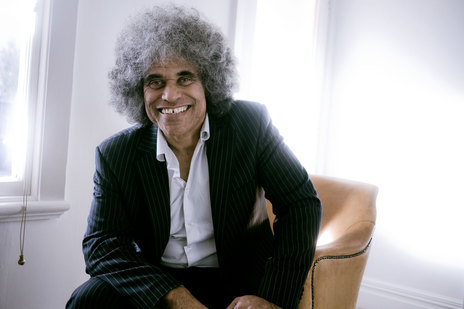
Paul Ubana Jones
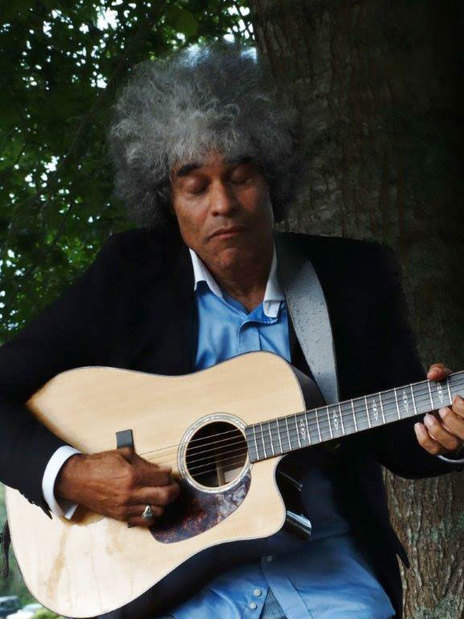
Paul Ubana Jones in Kerikeri, January 2015
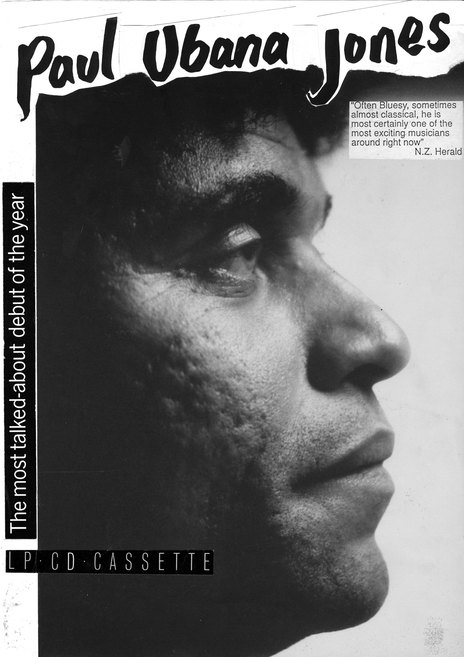
A pagan flyer advert for Paul Ubana Jones' 1989 debut album
Paul Ubana Jones - One (U2)
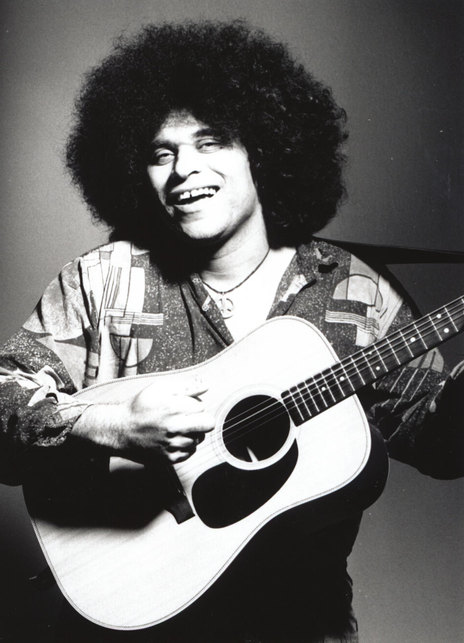
Paul Ubana Jones in an early 1990s publicity shot
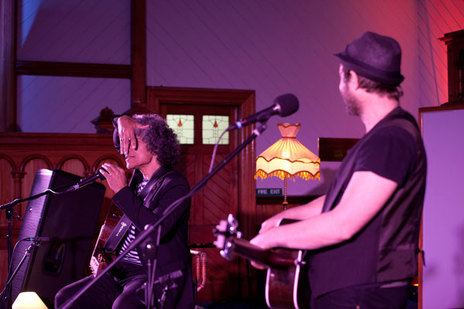
Paul and Bryce Wastney, 2014
Paul Ubana Jones - Rest In My Arms (live January 2011 at Criffel Station, Wanaka)
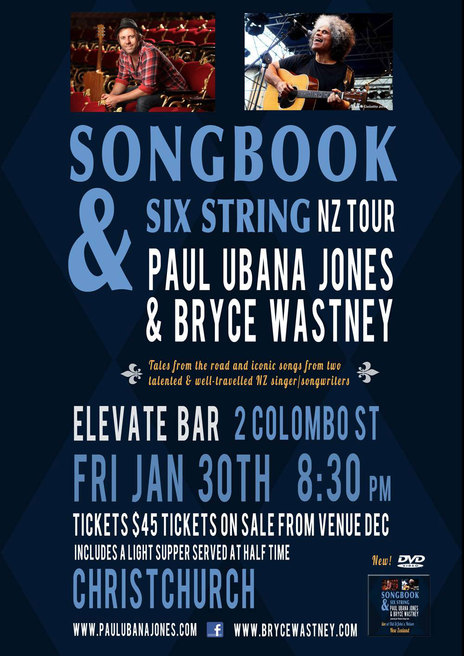
Paul Ubana Jones and Bryce Wastney at the Elevate Bar, Christchurch, 2015
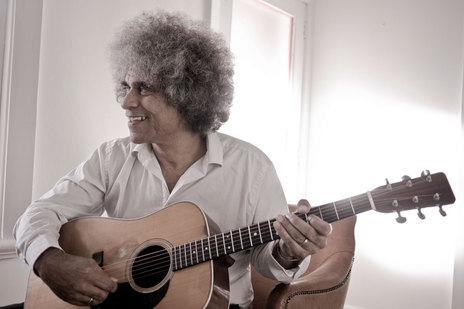
Paul Ubana Jones
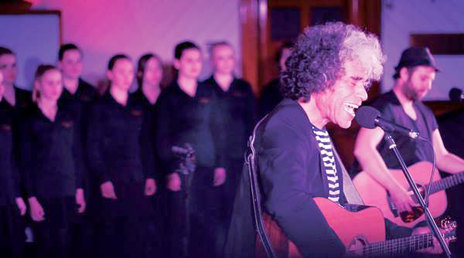
Paul Ubana Jones with Bryce Wastney and a 25 piece choir, at Old St John’s in Nelson, performing and recording the Songbook & Six String concert DVD and documentary
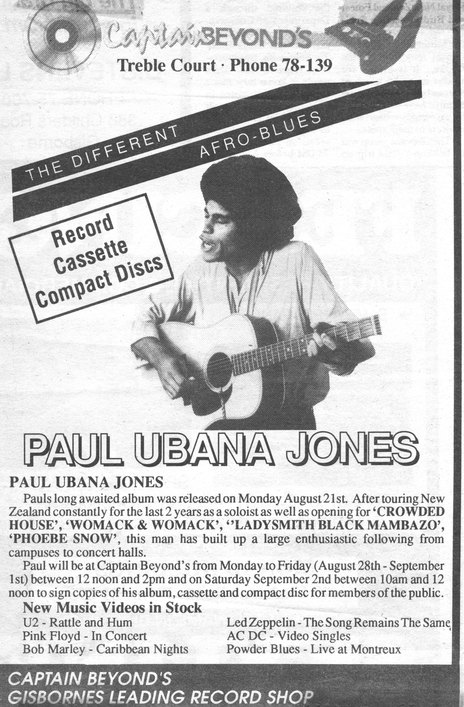
Paul Ubana Jones at a recording signing in 1989 at Gisborne's Captain Beyond store
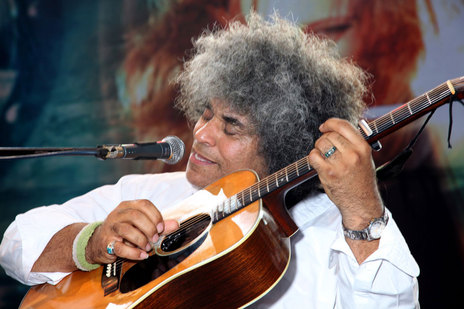
Paul Ubana Jones
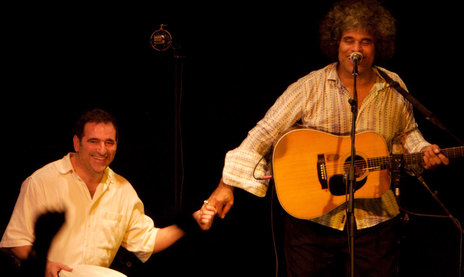
Paul Ubana Jones with Palestinian Tony Majdalani, 2012
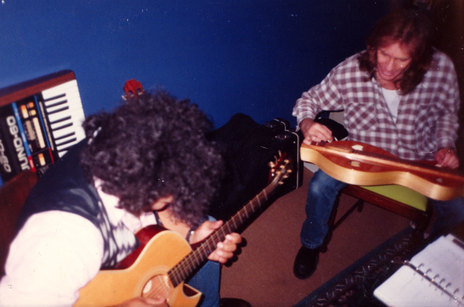
Paul Ubana Jones with Pagan's Trevor Reekie
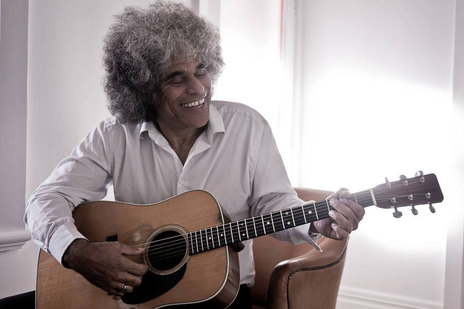
Paul Ubana Jones
Paul Ubana Jones - The Owl and the Moon (live at Endeavour 2013, Marlborough Sounds)
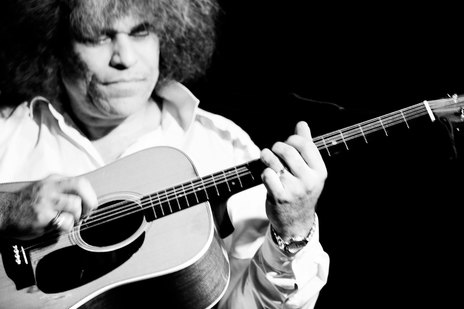
Paul Ubana Jones
Paul Ubana Jones - Here Comes A Change (live January 2011 at the Pier Hotel, Kaikoura)
Paul Ubana Jones and Bryce Wastney - Songbook & Six String Promo
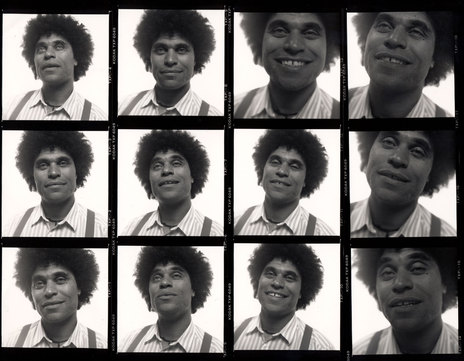
A late 1980s publicity proof sheet
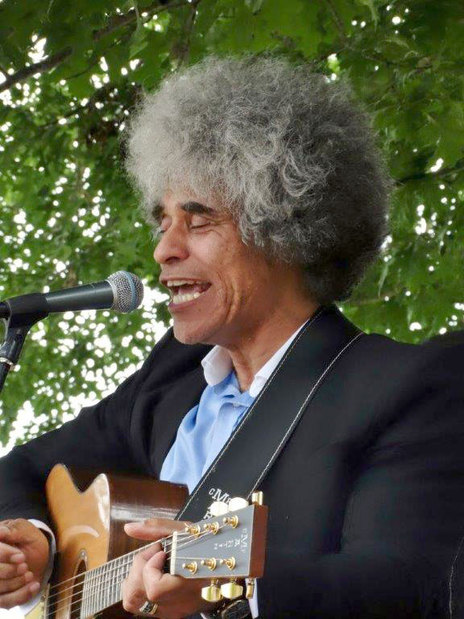
Paul Ubana Jones in Kerikeri, January 2015
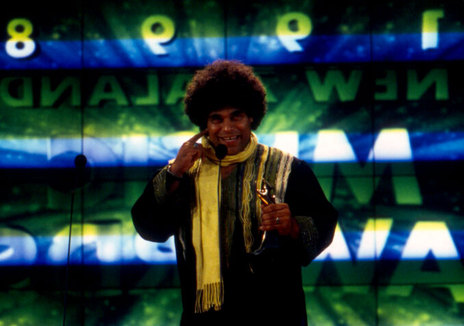
Paul Ubana Jones at the 1998 New Zealand Music Awards, taking home the award for Best Folk Album for Blessings And Burdens
One (U2 cover)
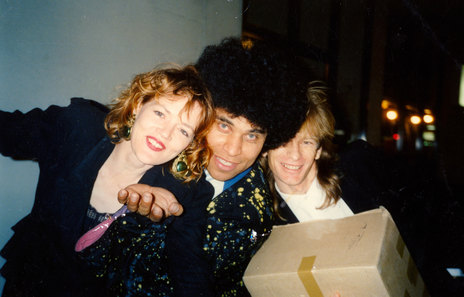
Pagan's Sheryl Morris and Trevor Reekie with Paul Ubana Jones
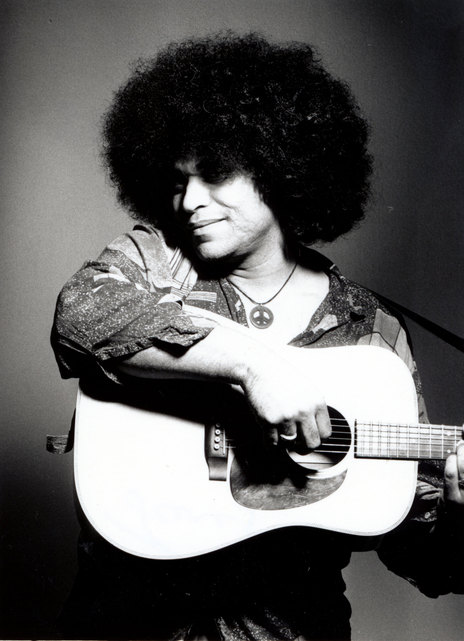
Paul Ubana Jones
Labels:







